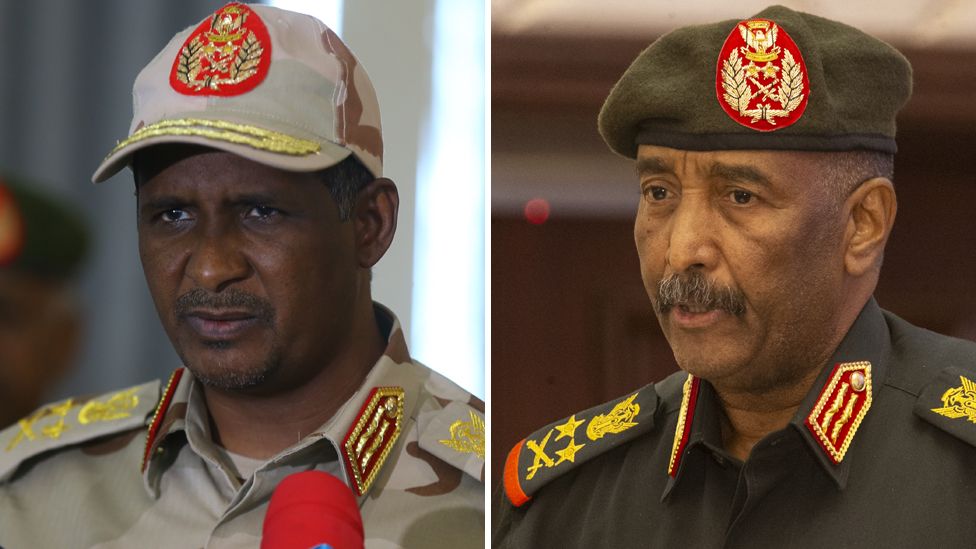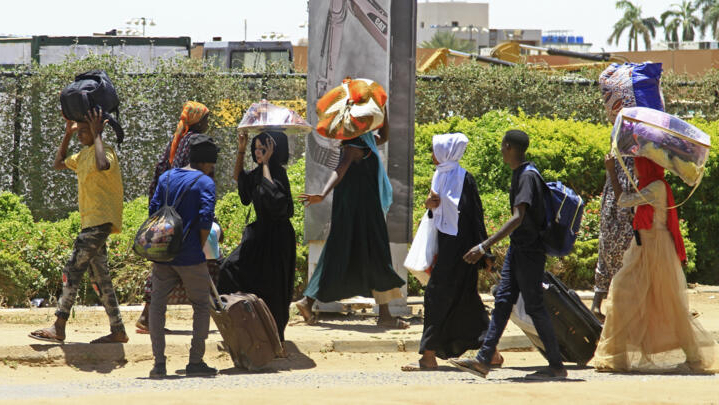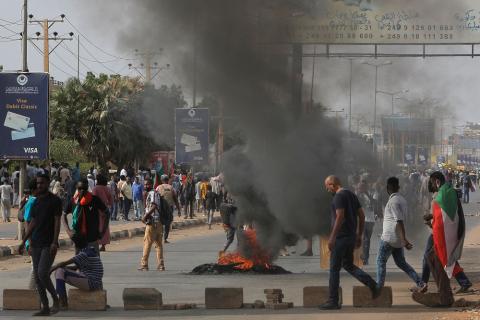Residents reported hearing artillery fire and aeroplanes flying overhead on Tuesday, even though an internationally monitored truce appeared to have offered some reprieve from the Sudanese capital's brutal combat.
Residents reported relative calm despite nighttime airstrikes in at least one neighbourhood after the ceasefire began late Monday.

After five weeks of violent clashes between the army and the paramilitary Rapid Support Forces (RSF), the truce was reached on Saturday in Jeddah. It is being tracked by Saudi Arabia and the United States and is intended to allow humanitarian aid to be delivered.
In a joint statement issued late Tuesday, the two countries indicated that preparations for critically required humanitarian relief operations had begun.
Did you read this?
Sudanese activists wrote to the UN envoy in Sudan, congratulating the ceasefire deal but claiming significant human rights violations against civilians occurred during the fighting and should be probed.
Volunteer groups at the forefront of local assistance efforts in the capital were preparing to receive supplies. At the same time, activists and aid workers said that much of the aid that has arrived in Port Sudan on the Red Sea coast has yet to be distributed as agencies wait for security clearance.
MSF, a medical humanitarian organization with work in ten Sudanese states, reported violence in many parts of the country, including numerous cities in the western region of Darfur.

According to Sudan's health ministry, the RSF raided and occupied the Ahmed Qassim hospital in Bahri right before the ceasefire and stationed themselves in another Bahri hospital, Alban Jadeed, on Tuesday morning. The RSF accused the Ministry of Health of publishing "lies."
The ceasefire agreement has raised hopes of a break in a war that has displaced about 1.1 million people, including over 250,000 who have fled to neighbouring nations.
Even though the violence had persisted during previous ceasefires, this was the first to be publicly agreed upon via negotiations and the first to incorporate a monitoring structure.
Sudan's neighbours are also feeling the effects of the crisis.
Sudanese migrants are pouring into Chad at such a rate that it will be impossible to evacuate them all by the start of the rainy season in late June, according to a top Red Cross official, raising the prospect of a calamity.
According to the United Nations Refugee Agency, between 60,000 and 90,000 people have fled into neighbouring Chad.









